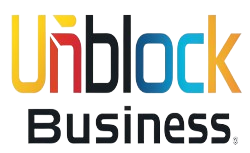Media literacy education plays a vital role in today’s society, where information flows abundantly through various media channels. With the advent of the digital age and the rise of social media, it has become more critical than ever for individuals to develop media literacy skills. Media literacy education equips individuals with the tools to critically analyze and evaluate media messages, enabling them to make informed decisions and navigate the complex media landscape.
One of the key benefits of media literacy education is its ability to foster critical thinking. By teaching individuals to question and challenge media content, they become active consumers rather than passive recipients of information. Media literacy education empowers individuals to discern between reliable and biased sources, identify misinformation and propaganda, and understand the persuasive techniques used in advertising and political communication.
Furthermore, media literacy education promotes digital citizenship. It helps individuals develop responsible online behavior, including ethical and respectful communication, protecting personal privacy, and understanding the consequences of their actions in the digital realm. By educating individuals on media literacy, we can cultivate a society that is better equipped to engage in meaningful and constructive dialogue, promote tolerance and empathy, and combat cyberbullying and online harassment.
In conclusion, media literacy education is of paramount importance in today’s media-saturated world. By providing individuals with the skills to critically analyze and evaluate media messages, we empower them to make informed decisions, challenge misinformation, and contribute positively to society. Incorporating media literacy education into curricula and promoting it in various educational and community settings will help build a more media-literate and digitally responsible society.

